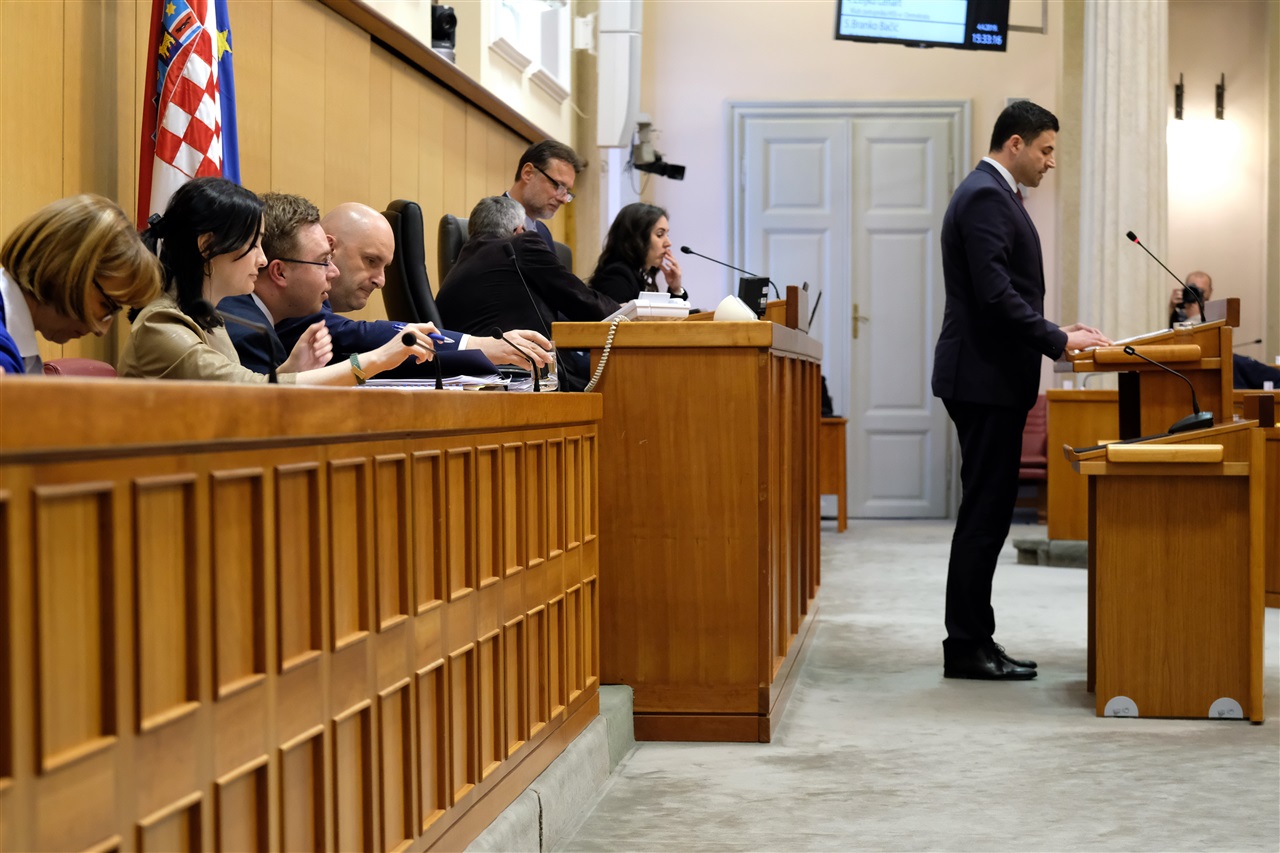
Zagreb - The Croatian parliament on Friday rejected the Social Democratic Party's interpellation on government work on the implementation of structural reforms.
The motion was voted down by 75 to 27, with one abstention. It was put forward a year ago by 23 SDP MPs after a European Commission report said that generally Croatia had made no progress or the progress was limited.
The SDP had at the time asked the government to submit a report to parliament within 15 days on the implementation of the national reform programme for 2017 and the convergence plan for the period until 2020, and to report to parliament on the reform process every two months. It proposed that parliament set up a national council, which would consist of lawmakers and representatives of trade unions, employers, non-governmental organisations, the academic community, professionals and the media, to monitor the reform process.
The SDP accused the government of not implementing reforms, saying that some reforms were delayed and others abandoned.
SDP leader Davor Bernardić repeated the claims on Friday. He said that the country is sinking deeper and deeper, the government is a shambles, the judicial system is not functioning, industrial production and the employment rate are falling, and human rights protection is on the decline.
MPs from the ruling Croatian Democratic Union (HDZ) resolutely dismissed his claims, insisting that the government was doing the best it could, implementing the tax and pension reforms, reducing public debt and increasing the employment rate and the country's credit rating.
"Your interpellation has been responded to by relevant international institutions such as the European Commission and Standard & Poor's ratings agency," Branko Bačić (HDZ) said.
The European Commission said two months ago that the government was successful in implementing structural reforms and that it had overcome macroeconomic imbalances, praising the pension, tax and education reforms, Bačić said, adding that government policy had for the first time ensured a budget surplus.